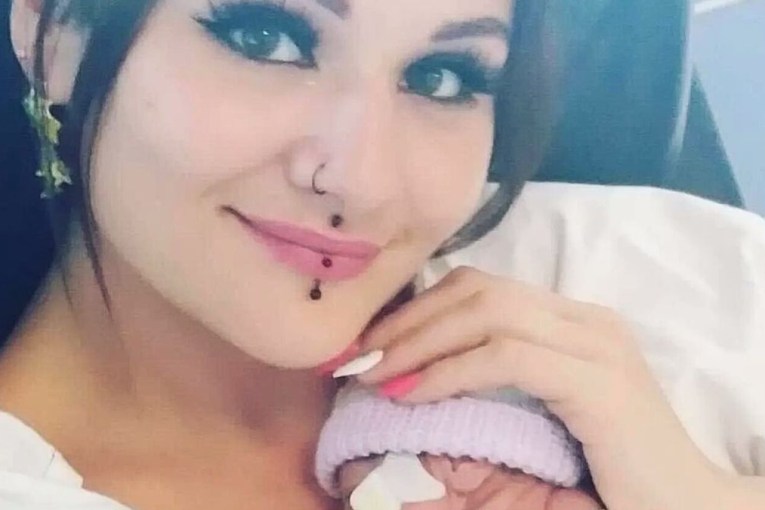The global race to find the vaccine that zaps COVID-19 is heating up

The head of the World Health Organisation says your choices should be considered as ‘life-and-death decisions’.
And until a vaccine has been successfully produced, they will be.
Locally, Victoria had its most lethal day on Friday, with six coronavirus deaths along with another 300 cases, as the global community passed another worrisome milestone: 15 million infections, with more than four million in the United States alone.
But there are rays of hope on the horizon.
The race to manufacture a COVID-19 vaccine which successfully shields people from the deadly virus is well underway, with the WHO this week saying researchers are making “good progress”.
Several vaccines are now in phase 3 trials and none has failed, so far, in terms of safety or ability to generate an immune response.
“Realistically it is going to be the first part of next year before we start seeing people getting vaccinated,” executive director Mike Ryan said.
The US and the UK dibs shipments of potential vaccine
The US government will pay $2.74 billion to buy 100 million doses of Pfizer and German biotech firm BioNTech SE’s COVID-19 vaccine candidate — if they are able to successfully develop one.
The contract is the most the US has agreed to spend on a vaccine yet, but the previous deals the government signed helped pay for drugmakers’ development costs.
Pfizer and BioNTech will not receive any money from the government unless their vaccine is deemed to be safe and effective and is successfully manufactured, according to a Pfizer spokeswoman.
The agreement allows the US government to acquire an additional 500 million doses, the Department of Health and Human Services (HHS) and the Department of Defense said.
In clinical trials, Pfizer and BioNTech have been testing vaccines that require two injections.
That means a supply of 100 million doses would likely vaccinate 50 million Americans. The deal suggests a price of $55 for a two-dose regimen.
The vaccine has shown promise in early-stage small studies in humans.
Pfizer will deliver the doses if the product receives emergency use authorization or licensing from the US Food and Drug Administration, after demonstrating safety and efficacy in a large Phase 3 clinical trial.
Pfizer and BioNTech currently expect to manufacture up to 100 million doses globally by the end of 2020, and potentially more than 1.3 billion doses by the end of 2021, subject to final dose selection from their clinical trial.
On Monday, the companies agreed to supply the UK with 30 million doses of the vaccine candidate but did not disclose a price.
Australia’s ‘molecular clamp’ the nation’s champ?
Last week, The New Daily explored how the University of Queensland’s ‘molecular clamp’ vaccine has used ground-breaking technology to garner early encouraging results.
And if it proves successful, there should be adequate amounts to innoculate Australia’s population.
On Monday, 120 volunteers in Brisbane started receiving their first doses of the potential vaccine developed by the University of Queensland.
The special clamp is designed to fuse together a synthetic spike protein so it looks just like the ones that protrude from the coronavirus.

“In isolation, it doesn’t do anything scary,” UQ’s professor Trent Munro said.
What it does is trick our bodies into thinking it’s detected the coronavirus.
UQ has teamed with Australian biotech giant CSL, which will mass-produce the vaccine if it successfully passes all stages of testing.
The federal government on Thursday said we should have sufficient capacity to make enough doses for the whole population.
Does North Korea have a vaccine?
The socially-isolated nation claims to have zero coronavirus cases, but this week, its State Commission of Science and Technology announced clinical trials for its domestic vaccine candidate were underway.
There are many who find these claims dubious.

People wearing face masks lay flowers and pay their respects before the statues of the late North Korean leader Kim Il Sung and Kim Jong Il. Picture: Getty
As one of the world’s poorest nations which has relied for decades upon the UN for immunizations, claims the country is at the forefront of the race to create a vaccine has been viewed sceptically.








